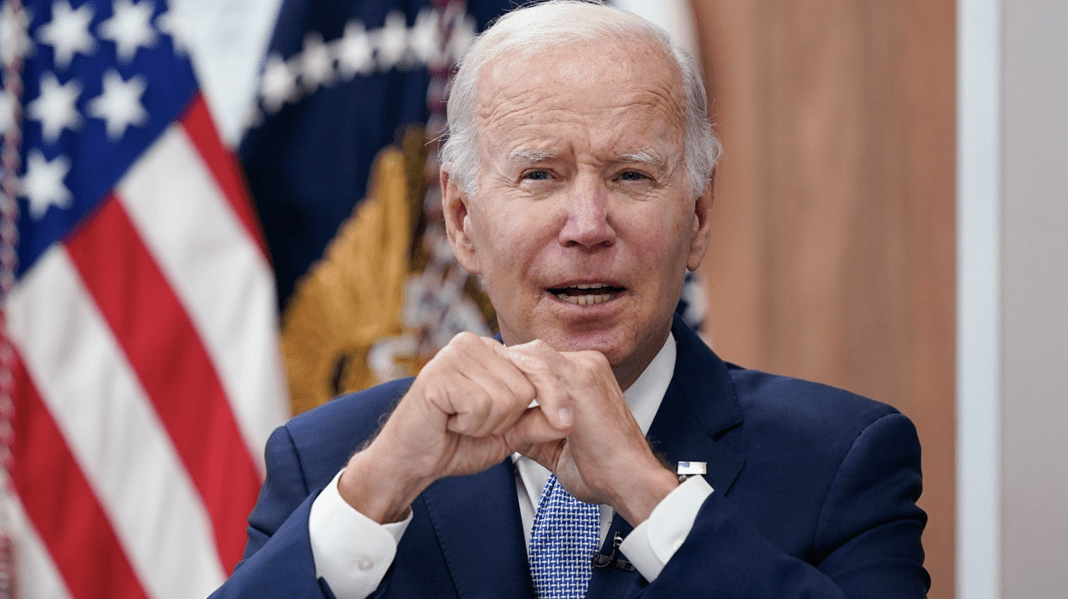Controversial news for the electric vehicle industry and automakers as the Senate passed a slimmed-down version of the Inflation Reduction Act. The bill now heads to the House for approval. The new bill is the US’s largest step in fighting climate change and will allocate $374 billion to fight climate change and make modifications to healthcare.
It will also end the pre-manufacturer tax credit limit of $7,500 for EV purchases. This will make it more attractive to produce and purchase electric cars. However, the vehicles would need to be built in North America, meaning automakers will need to stop depending on China for their battery supply chain.
However, there are now 72 EV models available for purchase in the United States, including battery, plug-in hybrid, and fuel cell electric vehicles, according to the Alliance for Automotive Innovation, the primary lobbying organization for the auto industry. When the measure is passed, 70% of those models will not be eligible for the tax credit. And none would qualify for the full credit by 2029 when the new sourcing restrictions take effect.
Additionally, it includes limitations for large corporations that exploit tax credits and allows Medicare to negotiate drug prices. This means increased revenue for the government as large corporations will have a minimum corporate tax and lower prescription costs for senior citizens.
After an overnight marathon of votes on amendments, the law passed with 51 democrats voting in favor and 50 republicans voting against it. Vice President Kamala Harris gave the deciding vote to break the tie.
President Joe Biden praised the Senate Democrats for pushing this bill through to the House. It did not happen without perseverance, as the bill has undergone significant changes. It originally was a $6 trillion bill that was significantly reduced—initially, the bill aimed to reverse the tax cuts that President Donald Trump implemented in 2017. Democrats, however, are still happy with the outcome and believe it will make a real impact.
Did you enjoy this article? Please share your thoughts, comments, or questions regarding this topic by connecting with us at newsroom@cbtnews.com.
Be sure to follow us on Facebook, LinkedIn, and TikTok to stay up to date.
While you’re here, don’t forget to subscribe to our email newsletter for all the latest auto industry news from CBT News.








